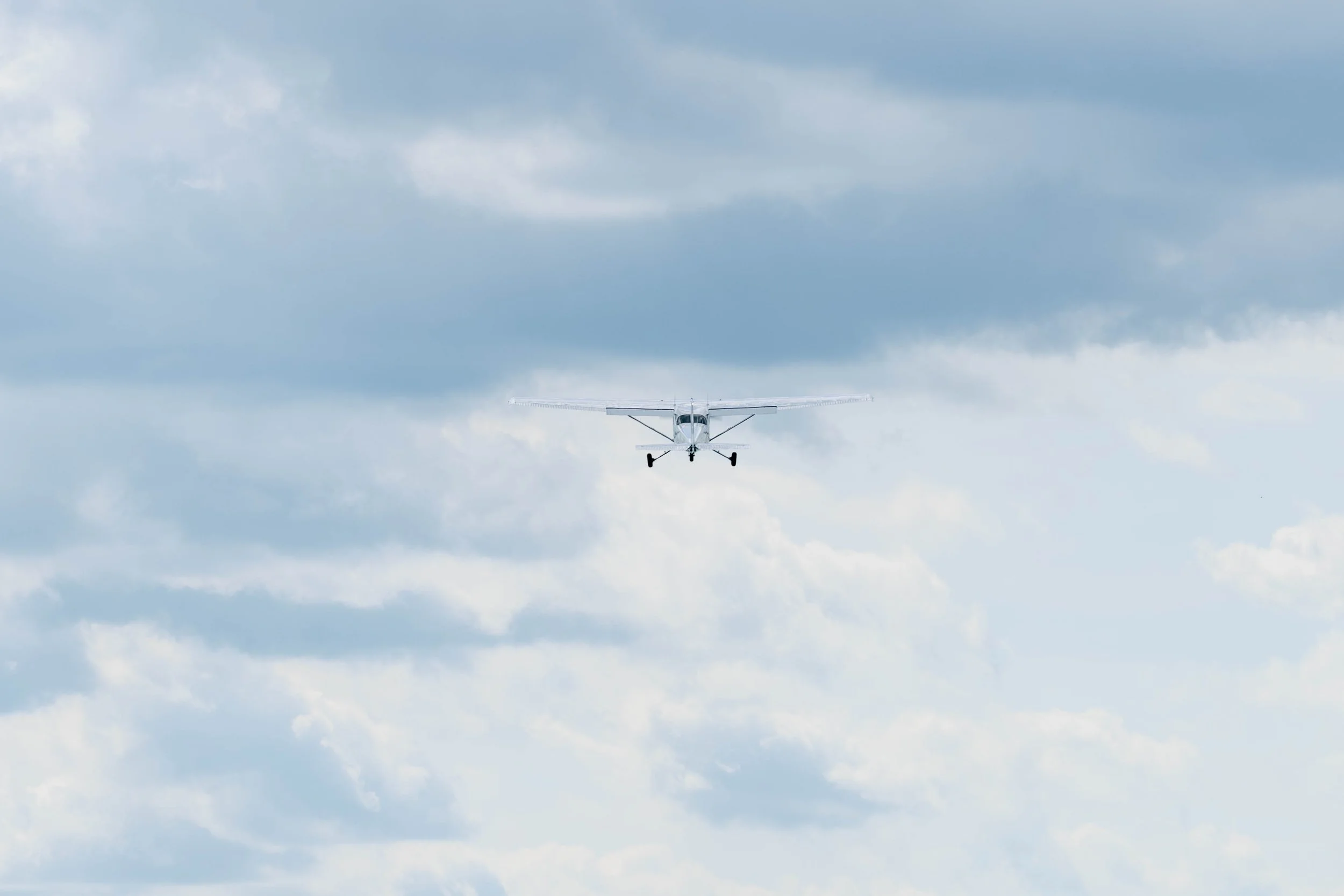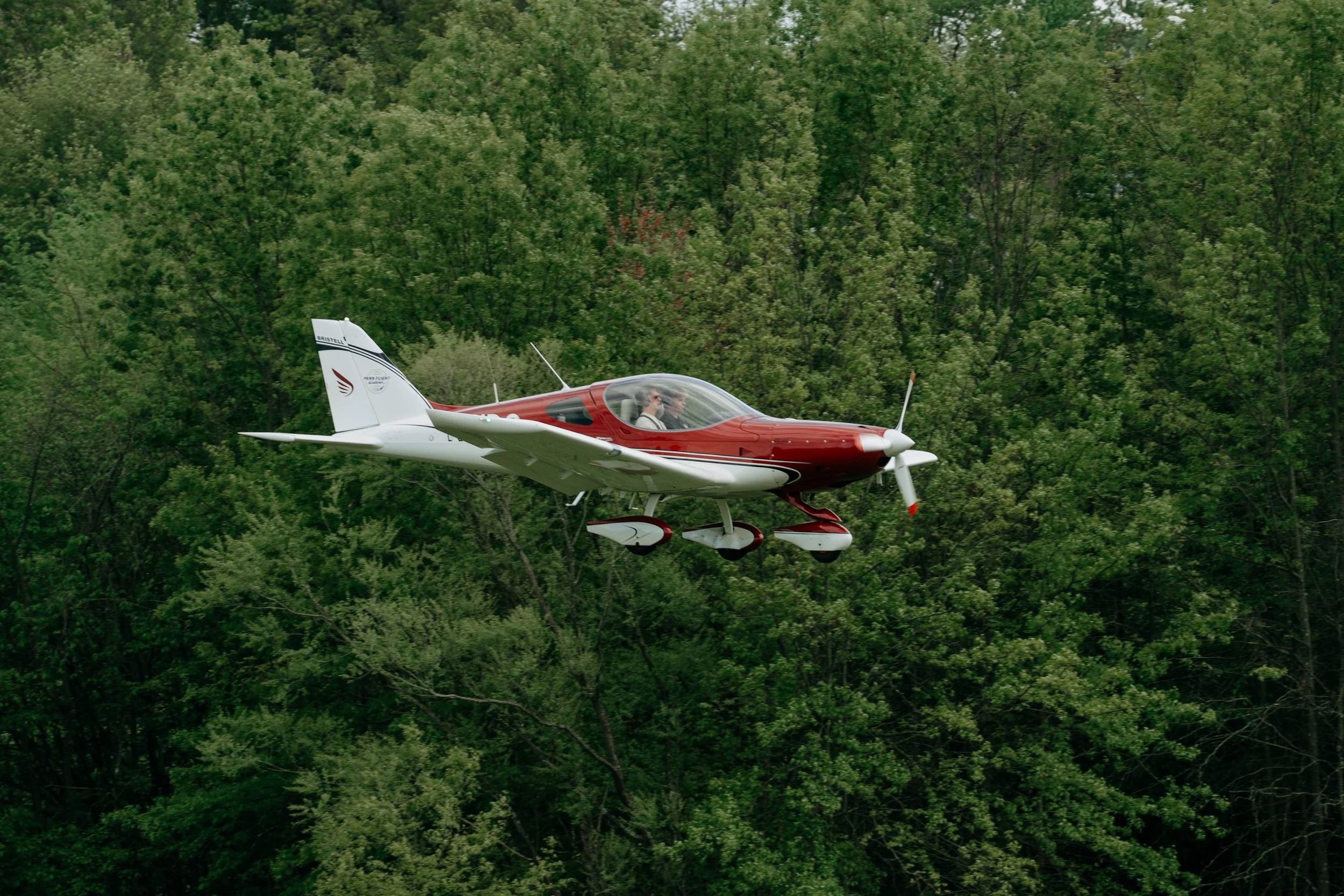
Ratings Offered
Private Pilot Certificate
-
Must be at least 17 years old, read/speak/understand English, and hold a valid FAA medical certificate
-
Minimum 40 flight hours (average: 50–60), including 20 hours of flight training and 10 hours of solo flight.
-
Fly single-engine aircraft for personal or recreational use and carry passengers (not for compensation or hire).
Instrument Rating
-
Must hold a Private Pilot Certificate and a current FAA medical certificate.
-
At least 50 hours of cross-country flight time as pilot in command. At least 10 of these hours must be in airplanes for an instrument-airplane rating.
A total of 40 hours of actual or simulated instrument time on the areas of operation listed in 61.65(c).
At least 15 hours of instrument flight training from an authorized instructor in the aircraft category for the instrument rating sought.
-
Fly in low-visibility conditions under Instrument Flight Rules (IFR), improving safety and utility.
Commercial Pilot Certificate
-
Must be at least 18, hold a Private Pilot Certificate, and pass FAA written and practical exams.
-
250 hours of flight time, 100 hours of which must be in powered aircraft, and 50 must be in airplanes.
100 hours of pilot-in-command time, 50 of which must be in airplanes.
50 hours of cross-country time, 10 of which must be in an airplane.
20 hours of training, including 10 of instrument, 10 of complex or TAA, and a smattering of cross-country and practical test preparation.
10 hours of solo training, including a smattering of cross-country and night.
-
Fly in low-visibility conditions under Instrument Flight Rules (IFR), improving safety and utility.
Certificated Flight Instructor
-
Must be at least 18, hold a Commercial Pilot Certificate, and pass the FAA written and practical exams and a Third Class medical.
-
Private Pilot, Commercial Pilot and Fundamentals of Instruction knowledge and fluency.
-
Teach students toward Private and Commercial certificates, build flight hours, and launch a professional aviation career.




